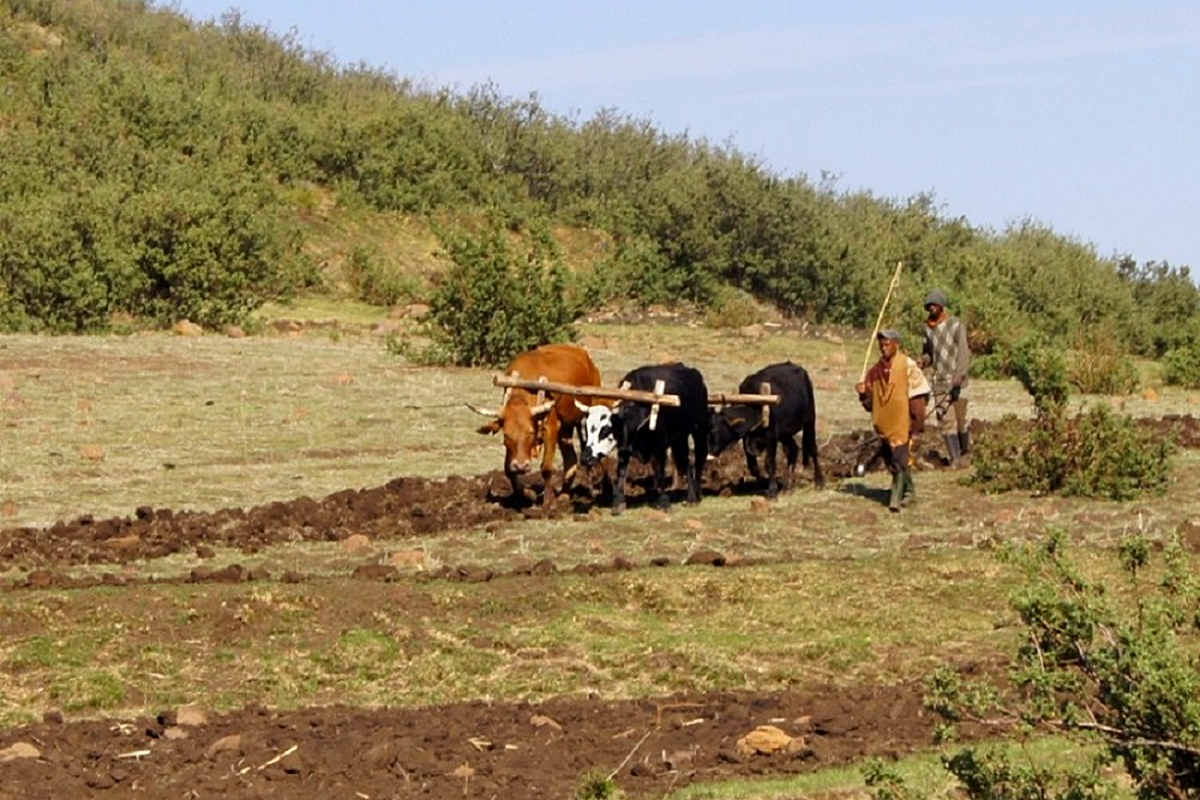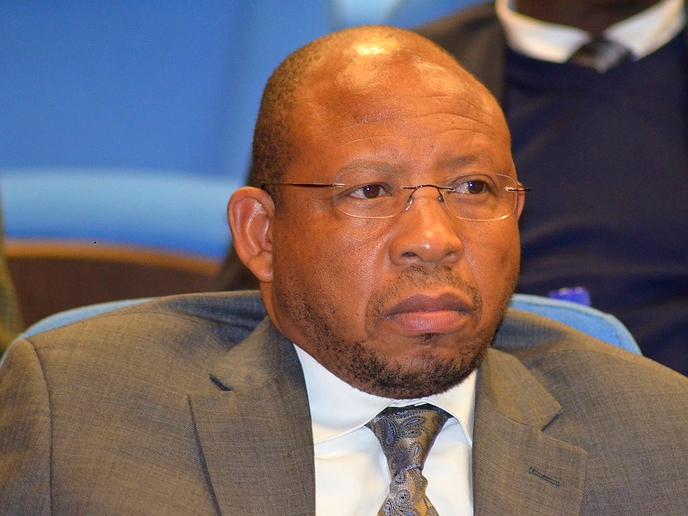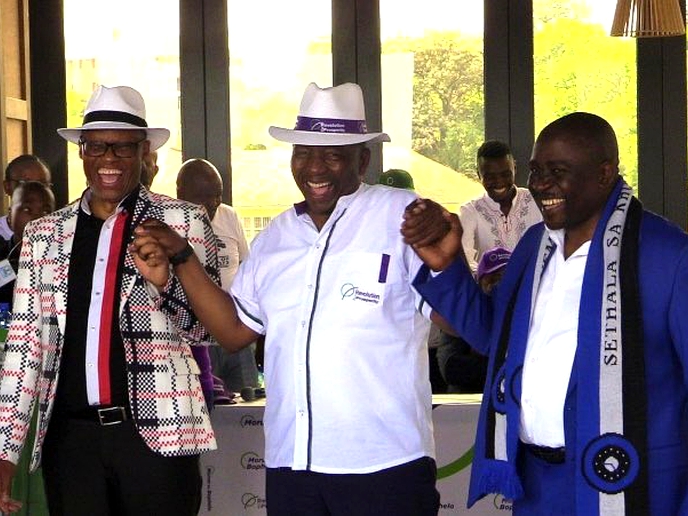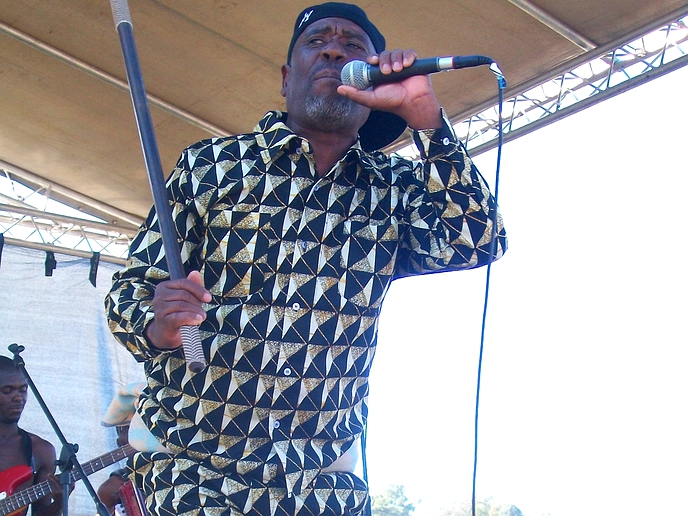GOVERNMENT should take decisive measures to counter the impacts of the COVID-19 pandemic on local farmers in order to fast-track its efforts to revive the economy on a downward trajectory.
comments
Oct. 10, 2022
EDITOR
2 min read
Lesotho needs to dig deeper to get its people out of abject poverty and hunger

Farmers in the rural parts of Lesotho
Story highlights
At the height of the pandemic, farmers were unable to access markets for their produce due to the closure of shops, restaurants, and other markets.
They struggled to get agricultural inputs such as animal feeds, seeds, fertilisers as well as pan stock because most shops were out of business and due to restrictions on movement, especially the cross-border movement to the neighbouring South Africa.
The cost of agricultural inputs increased significantly, making it difficult for most farmers to buy. Veterinary extension support services were also a challenge due to restrictions on movement and gatherings.
It goes without saying that agriculture is one of the main pillars of our economy in terms of food security as well as job creation mechanisms.
Over the years, droughts have had a devastating effect on many harvests and livestock production. The COVID-19 pandemic that has contributed to the collapse of many businesses has particularly had a significant impact on our agricultural output. Hundreds of farmers have taken a severe blow in the process, with scores still reeling from the effects of the pandemic.
Already, the country cannot produce enough food to feed its growing population. The agricultural sector accounts for about 17 percent of the country’s GDP. It remains one of the primary sources of income, particularly for more than half of the population in rural areas.
Enjoy our daily newsletter from today
Access exclusive newsletters, along with previews of new media releases.
This is particularly important considering that opportunities to earn income in the country have been limited by the pandemic. Government should therefore look to other development partners to try and revive the agricultural sector. The rural economy and agricultural development will certainly continue to play a major role in Lesotho’s development strategy for the foreseeable future.
That means, increased productivity is key to achieving these aims and reducing poverty. Failure to make efforts in line with reviving the sector simply means that the country will sink even deeper into poverty. Development partners such as IFAD, WFP Lesotho, and the World Bank, all of which have always played a pivotal role in the country’s economic development should all be engaged in trying to bring the situation to normality.
While many people might be thinking of assistance in monetary terms, it is, however, a bit difficult given the already compromised state of Lesotho’s debt position, which makes borrowing from elsewhere even more problematic. But, assistance may come in different forms other than just money.
Tailored for you






